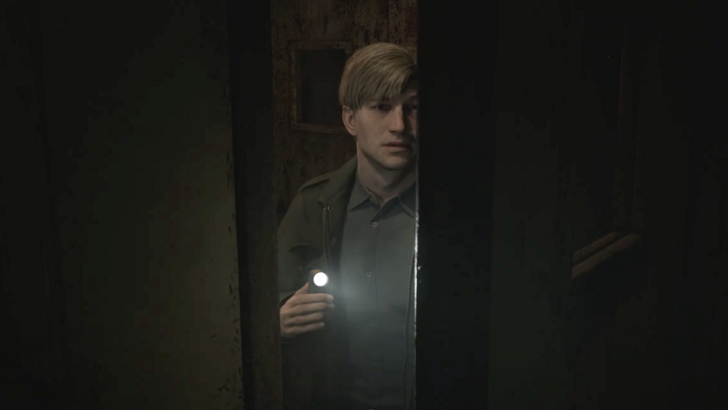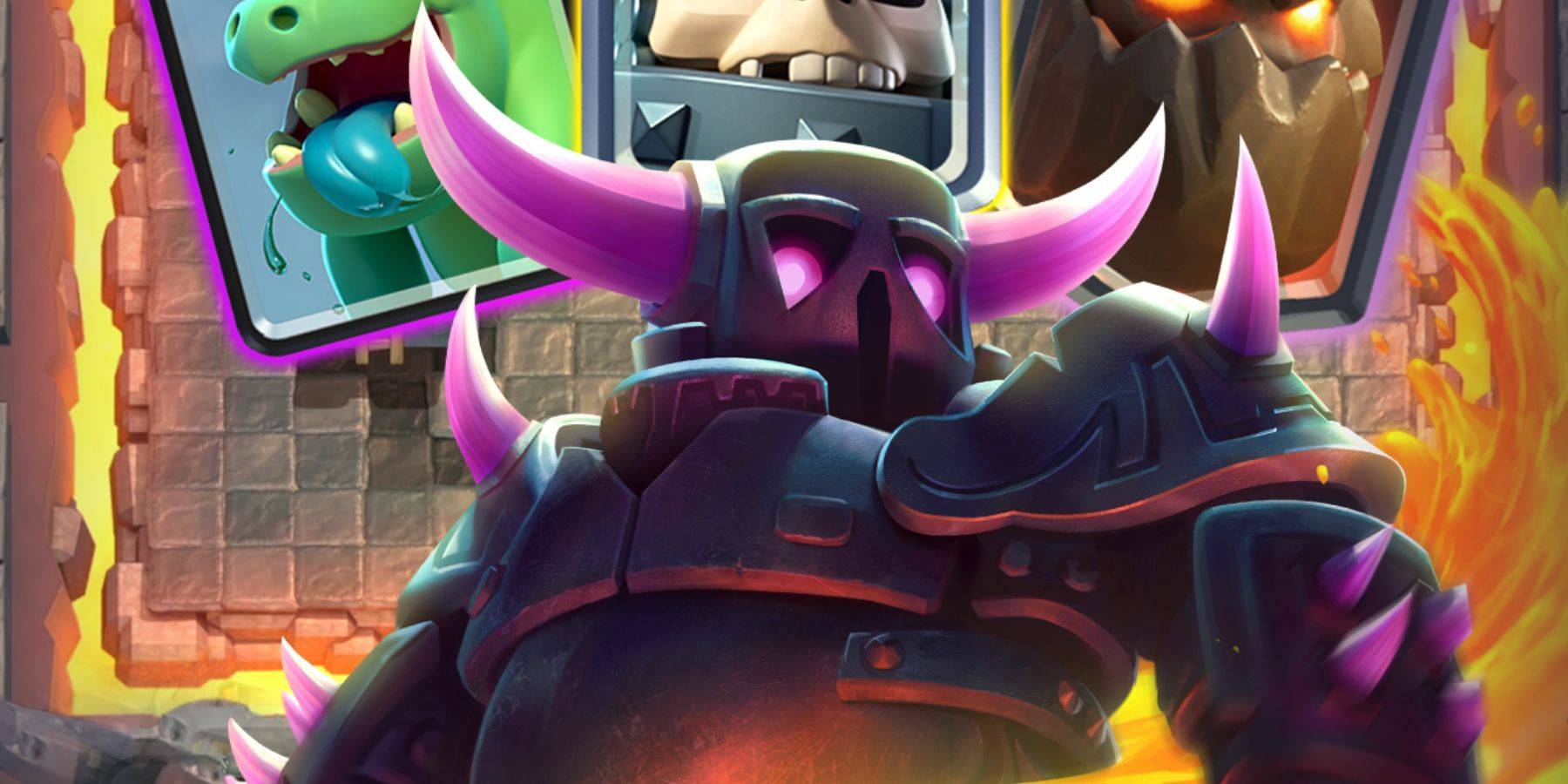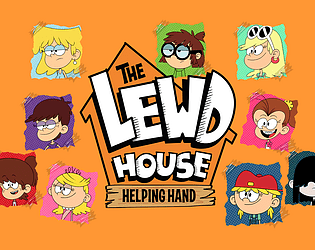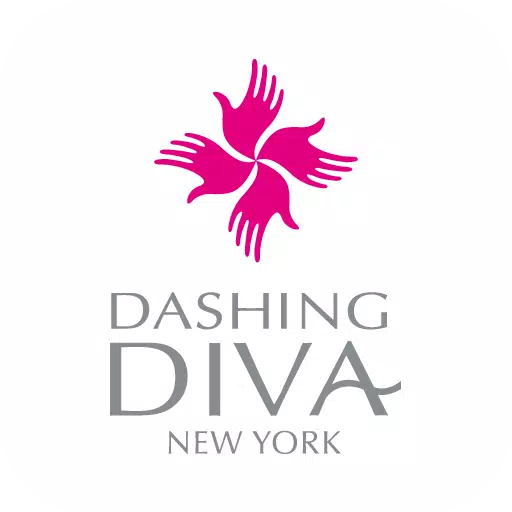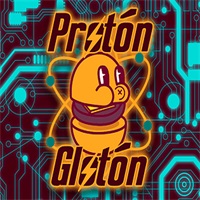Top Bethesda RPGs Ranked: A Gamer's Guide
If there’s one developer that has carved out a distinct niche in the gaming world, it’s Bethesda. Their signature style is so refined that it’s almost surprising we don’t refer to the entire genre of first-person open-world Western RPGs as “Skyrimlikes” or “Oblivionvanias.” Since the debut of *The Elder Scrolls: Arena* in 1994, Bethesda Game Studios has grown into a powerhouse in the triple-A gaming industry, amassing a fiercely loyal fanbase, generating massive sales, and securing a jaw-dropping $7.5 billion acquisition by Microsoft—all on the strength of their tried-and-true design philosophy.
Over the years, Bethesda has delivered both monumental hits and infamous missteps. The recent release of *The Elder Scrolls: Oblivion Remaster* has sparked renewed debate over the studio’s tier rankings, prompting us to revisit and reevaluate their catalog. While *The Elder Scrolls VI* remains a distant promise for now, at least this list will stay relevant for a long time to come.
Before we dive in, let’s clarify the scope of this ranking. We’re focusing exclusively on Bethesda’s core RPG franchises here. That means spin-offs like the co-op-focused *Battlespire* and action-adventure *Redguard* are off the table. Similarly, mobile titles like *The Elder Scrolls Blades* and *Fallout Shelter*, while charming in their own right, won’t make the cut. This list is reserved for the heavyweights—the sprawling, prestige sandboxes that immediately spring to mind when you think of a Bethesda Game Studios title. Let’s begin with the humblest entry on this list…
9: *The Elder Scrolls: Arena*
*The Elder Scrolls: Arena* isn’t last because it’s a bad game—it’s last because it was Bethesda’s first attempt at something extraordinary. Back in 1994, Bethesda had primarily worked on sports and Terminator-themed titles. *Arena* started as a medieval gladiator-style arena combat game, but developers quickly realized it would be cooler if players could roam cities, interact with NPCs, and delve into dungeon crawls. The result is an impressively ambitious first-person RPG steeped in its era’s quirks—a “where-the-hell-do-I-go?” adventure reminiscent of *Ultima Underworld* and *Might and Magic*.
*Arena* is packed with arcane systems, randomized loot, and convoluted sidequests. Its clunky movement mechanics can feel frustratingly counterintuitive. Combat is particularly painful, with dice rolls determining whether your seemingly effective strikes against rampaging skeletons deal any actual damage. Thankfully, the developers scrapped the gladiator concept before the game’s release, though the title remained unchanged. Declaring *Arena* the beginning of a new franchise was a bold move that paid off despite its flaws.

*The Elder Scrolls: Arena* - Bethesda
8: *Starfield*
Bethesda’s latest sci-fi venture, *Starfield*, marks a bold departure from the low-tech locales of Tamriel and the Fallout Wasteland. While its futuristic NASApunk setting is undeniably intriguing, it doesn’t mesh well with Bethesda’s traditional strengths. Their expertise lies in crafting interconnected worlds brimming with discovery and detail, but *Starfield* falls flat with its 1,000 procedurally generated planets, each featuring a repetitive collection of points of interest.
Even veteran gamers accustomed to solving intricate puzzles grow weary of landing on a new planet only to stumble upon yet another abandoned cryo lab or mining facility. Unlike the predictable but rewarding exploration in *Skyrim*, *Starfield* leaves you stuck in tedious loops. It’s disheartening to compare such a high-budget title to the charm of *Arena*, but it’s easier to forgive the growing pains of a fledgling team than the shortcomings of a $200 million triple-A production that underdelivered.

*Starfield* - Bethesda Game Studios
7: *The Elder Scrolls: Daggerfall*
One of the reasons *Starfield* feels so lackluster is that Bethesda has been perfecting procedural generation since *Daggerfall* in 1997. This second RPG in the series is a staggering achievement in algorithmic world-building, spanning an unfathomable 80,000 square miles—roughly the size of Great Britain. Walking across the entire map takes 69 hours, though riding a horse speeds things up slightly (though not mentally).
While the world is vast and largely unpolished, it’s far from empty. The Iliac Bay area alone hosts nine distinct climates, 44 political regions, and 15,000 points of interest. The sheer scale is daunting, with 4,000 dungeons and 5,000 cities/towns offering countless quests and NPCs. Movement is slow, and dungeon crawling remains clunky, but the surface-level gameplay is a significant leap forward. You can buy property, join guilds, and indulge in crime—all with tangible consequences. Despite its dated mechanics, *Daggerfall* remains a fascinating sandbox for hardcore RPG enthusiasts.

*The Elder Scrolls: Daggerfall* - Bethesda
6: *Fallout 76*
You might wonder why *Fallout 76* makes this list, given its shift toward live-service multiplayer mechanics rather than traditional RPG storytelling. At launch in 2018, the game was a disaster, omitting NPCs and dialogue in favor of player interactions that rarely added depth. Features like loot limits, crafting, and questionable monetization practices further soured the experience. However, updates like *Wastelanders* have introduced voiced NPCs, making it the game with the most characters in the series. While their value is debatable, the changes have streamlined the gameplay and fostered a dedicated community.
Despite these improvements, *Fallout 76* struggles to compete with *Elder Scrolls Online*, which remains a superior RPG experience. The shift toward live-service elements has raised concerns about Bethesda’s stewardship of the Fallout franchise, though discontent had been brewing for years. Even so, *Fallout 76* has carved out a niche among players who enjoy cooperative survival gameplay.

*Fallout 76* - Bethesda Game Studios
5: *Fallout 4*
With over 25 million copies sold, *Fallout 4* is the most commercially successful game in the series, but its success came at a cost. Streamlined mechanics and quality-of-life improvements broadened the appeal of the series, but balancing accessibility with depth proved challenging. *Fallout 4* leans heavily into the former at the expense of the latter.
On the positive side, the game feels smooth and responsive compared to its predecessors, and the Commonwealth is a stunning environment. Settlement building adds a novel layer to the series, though opinions vary on its enjoyment factor. The visuals and audio are breathtaking, and expansions like *Far Harbor* recapture the Fallout essence. Nick Valentine stands out as a standout character, but the synthetic human subplot feels contrived and out of place.
The dialogue system is a major detractor, restricting player choice to vague responses like “nice,” “rude,” or “neutral.” Voice acting, while immersive, limits customization. Despite these flaws, *Fallout 4* remains a polished and accessible entry point for newcomers.

*Fallout 4* - Bethesda Game Studios
4: *Fallout 3*
When Bethesda acquired the Fallout franchise in 2004, fans were both excited and skeptical. Would the studio dilute the anarchic spirit of the originals for a more mainstream audience? The answer was yes and no. *Fallout 3* excels in its opening sequence, introducing the V.A.T.S. system in a seamless tutorial. The transition to first-person perspective
- 1 Roblox Game Codes Updated: April 2025 May 13,2025
- 2 The Best Gaming PC of 2025: Top Prebuilt Desktops Mar 26,2025
- 3 Roblox: Warrior Cats: Ultimate Edition Codes (January 2025) Feb 12,2025
- 4 Tips to Conquer the Dragon Quest III: HD-2D Remake Feb 21,2025
- 5 Fortnite: Chapter 6 Season 1 NPC Locations Feb 13,2025
- 6 Pokémon Go Is Celebrating New Year’s 2025 with Festive Fireworks and More! Jan 03,2025
- 7 Culinary Journey Thrives for Six Jan 01,2025
- 8 How To Fix Common Marvel Rivals Error Codes Feb 20,2025
-
Unique Wallpaper Apps for Every Style
A total of 10
-
Top Beauty Trends for This Season
A total of 10
-
Ultimate Baseball Games for Android
A total of 10










